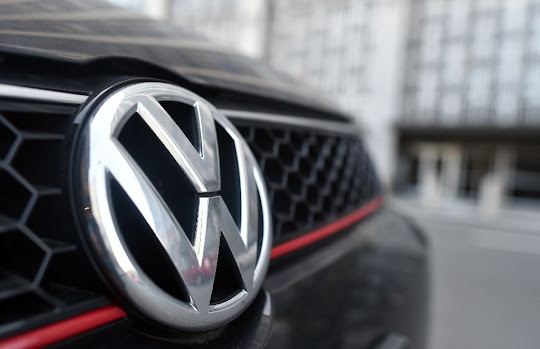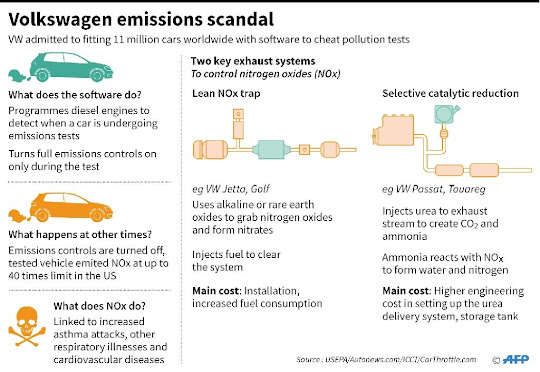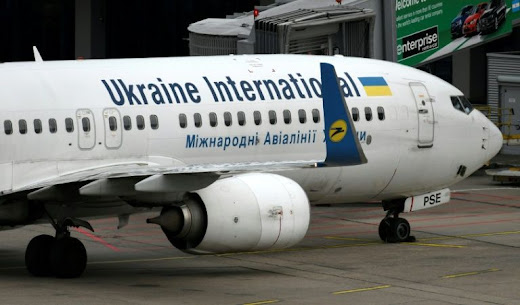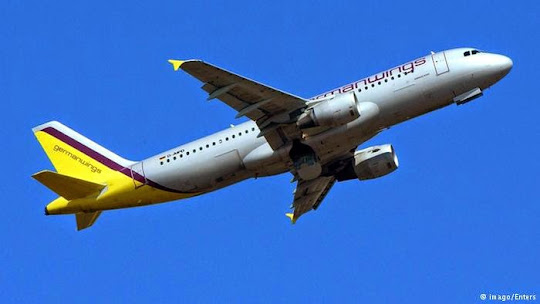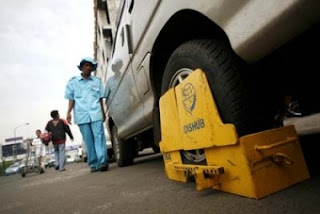The Jakarta Post, Duncan Graham, Sun, 05/18/2008 10:48 AM
Is there a transportation system anywhere in the world more efficient than Indonesia's?
Sure it's shambolic, uncomfortable and unsafe. But it's also cheap, flexible and ever-present.
Getting to work in Malang is a breeze; no need to study timetables and ransack the piggy bank for the fare as in New Zealand. The bald-tired bemo (minibus) will be waiting ready to zip from end to end of the city for Rp 2,000 (US 20 cents)
Don't run -- he'll wait, unless he has double the legal load. Another will be along in two ticks. Bending a bule (Westerner) frame into a hairpin to get through the door while watching the wallet, squeezing a 40 centimeter bottom into a 20 cm bench space, snagging nails on rusting rails and sucking carcinogens from motorbikes and Marlboros are the downsides.
The service is almost door-to-door. Just a short stride to the job. It's past Klojen market with hazards to negotiate, though no problem given the right attitude.
First are the ranks of becak (pedicabs), every driver bemused as to why a foreigner would prefer to walk. The real titanium-torso wrinklies (as opposed to those 70 years young despite their tough trade) sing out in antique Dutch. For them, all bule come from the Netherlands.
Then the butcher slashing and chopping at a window in a wall hung with hands of bananas, all prices negotiable; you'd be silly to pay above Rp 5,000 (US 50 cents) for two kilograms of the freshest, sweetest fruit this side of the equator.
A harridan with a bloke's biceps bullies undecided customers while hacking the twitching meat on a counter with more flies than an Australian sheep station. For ox shanks she uses half a tree trunk, its splintered anvil stuffed with fat and bone chips, probably going back to the Majapahit era. The site is an archaeologist's challenge -- and a health inspector's.
White-eyed beggars flash their cataracts for aluminum coins. A local clinic not three minutes distant will fix their blindness for Rp 7 million (US $ 760) an eye. NZ charities invite $ 25 donations so one poor Asian can see with the skills volunteered by Western surgeons.
A pregnant too-young teen polishes plastic bottles of water to make them more appealing; acrid smoke spits off a tire clamp as a man squats to repair a puncture. His mate offers battered and blunt hand tools for sale, tradesmen's discards.
In the next 100 metres the smell of crushed coffee from beans grown on nearby volcanic slopes competes with the gagging stench of rotting rubbish. This is raked into carts by the yellow-clad sanitary squad scattering black plastic into the breeze. An exhibitionist pisses against a wall under graffiti warning against such behavior because it's alongside a school.
The kids pay no attention. They're besieging food carts selling fried bananas, steamed peanuts, frozen colored water and anything that will clog arteries, lift blood pressure and quicken heartbeats.
But then so does running this gauntlet of humanity, maybe 1,000 strong. There are no human threats -- many participants in the Klojen kaleidoscope are friendly, acknowledging the curious stranger, the bewildered bule. The rest are indifferent, preoccupied with survival.
And in Indonesia that means being with people who say: Mangan ora mangan, asal ngumpul -- we may have nothing to eat but we have each other.
In Wellington, where we've been for the past few months, the tidy streets are briefly full only during commuters' rush hours. Even then the traffic is orderly, disciplined, soon to vanish behind closed doors. Westerners like it that way -- Indonesians do not.
This is an issue that can turn multicultural marital relationships into a martial arts contest. I want to be alone -- she wants crowds. The bubbling hubbub of life in Indonesia, its rollicking racket is meat and drink to my beloved.
I'd rather read a book looking for knowledge -- she'd sooner seek a crowd and glean their wisdom.
Indonesians see safety in numbers -- Westerners fear the crowd; it might be a mob.
Not in Klojen. This is a snapshot of everyday -- work and idleness, pain and hope, resignation and reward. It's well worth the walk. The same emotions and experiences flourish in Wellington, though you'd never know. They're not on public display.
